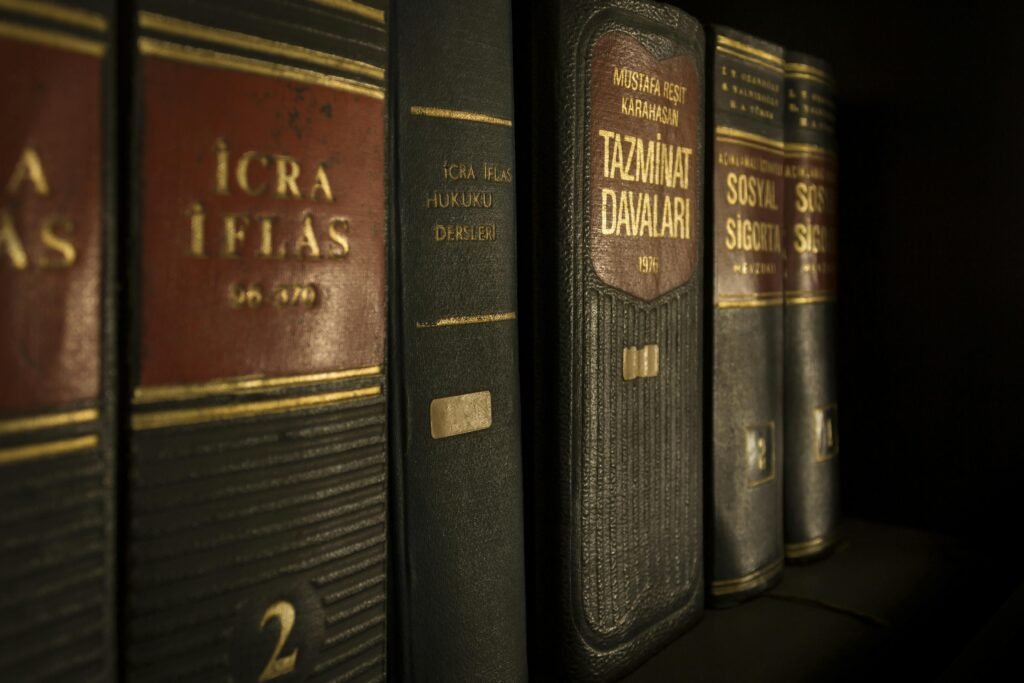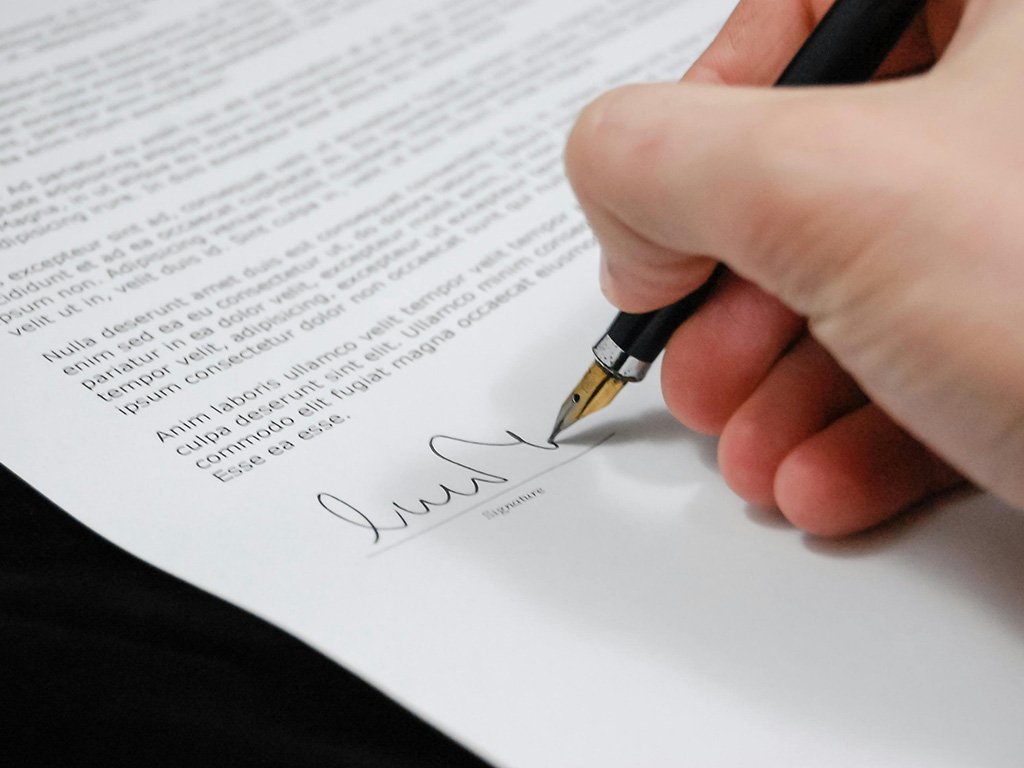You might be wondering, “Are YouTube to MP3 Converters Legal? A Quick Legal Guide” It’s a question many people ask. Just because it’s easy doesn’t always mean it’s legal. So, what exactly makes a YouTube converter legal or illegal? Let’s break it down and explore the key factors that determine whether you’re in the clear or crossing a line.
The Role of Copyright Law: Are YouTube To MP3 Converters Legal?
Copyright law plays the biggest role in whether a YouTube converter is legal or not. The person or company who created the content has the exclusive right to distribute, share, or make changes to it. If you’re converting a copyrighted video without the owner’s permission, you’re likely violating copyright law.
YouTube itself doesn’t allow users to download videos directly because it would infringe on the copyright owner’s rights. Using a converter to bypass YouTube’s download restrictions can easily land you on the wrong side of the law. On the other hand, if the video is in the public domain or has a Creative Commons license that allows downloading and redistribution, using a converter might be completely legal.
Are YouTube To MP3 Converters Legal Under YouTube’s Terms of Service?
It’s not just copyright law you need to worry about. YouTube’s Terms of Service (TOS) also play a role. When you use YouTube, you agree to their terms—whether you’ve read them or not (let’s be honest, most of us haven’t). These terms strictly forbid downloading, copying, or distributing content unless YouTube provides a download button or the owner of the content gives explicit permission.
Here’s where it gets interesting: even if a video is not copyrighted, using a converter can still violate YouTube’s TOS. That means you could face consequences like account suspension or legal action from YouTube if you’re caught converting videos. In short, the platform itself doesn’t permit converting videos unless there’s a feature designed for it.
Are YouTube To MP3 Converters Legal for Personal and Commercial Use?
Personal versus commercial use can make things tricky. Many people assume converting a video for personal use is safe and harmless. While this seems reasonable, copyright law doesn’t always agree. Even if you’re just converting a video for your own use, like offline listening, it can still be illegal if the content is copyrighted.
On the flip side, converting videos for commercial purposes is almost always illegal without explicit permission from the content owner. Commercial use raises the stakes, increasing the risk of legal consequences. Before you hit the convert button, ask yourself: Am I doing this for personal enjoyment or trying to make a profit? If it’s the latter, you’re likely crossing a legal boundary.
Public Domain and Creative Commons Content: Are YouTube To MP3 Converters Legal?
Not all content on YouTube is off-limits. Some videos fall under public domain or Creative Commons licenses, meaning they are free to use, share, and even convert. Public domain content is essentially free for anyone to use. This is because the copyright has expired or the creator has waived their rights. If you come across this kind of content, feel free to convert it legally.
Creative Commons works a little differently. Creators can choose to license their videos in a way that allows others to use them under certain conditions. Some licenses permit full use, while others may restrict commercial use or require attribution. Before converting, make sure to check the license of the video. If it’s public domain or labeled under a Creative Commons license that allows for downloads, you’re good to go!

How Different Countries Approach Copyright Laws: Are YouTube To MP3 Converters Legal?
If you’ve ever wondered why something legal in one country could get you in trouble in another, you’re not alone! When it comes to YouTube MP3 converters, copyright laws vary across the globe. Some countries are more lenient about downloading and converting videos, while others have strict rules in place. Let’s take a trip around the world to see how different countries approach copyright and how it affects your use of YouTube MP3 converters.
The United States: Home of the DMCA
In the United States, copyright law is taken pretty seriously, thanks to the Digital Millennium Copyright Act (DMCA). You might have heard of the DMCA before, especially if you’ve seen videos taken down from YouTube. This law was designed to protect the rights of content creators, ensuring they have control over their work.
When it comes to YouTube converters, the DMCA prohibits downloading and redistributing copyrighted content without permission. This includes converting YouTube videos into MP3 files unless you have the green light from the creator. If you’re in the U.S., you’ll want to be extra cautious about using converters. It’s better to stay on the right side of the law and look for legal alternatives, like streaming or using authorized download platforms.
Europe: A Mixed Bag of Copyright Rules
Europe is an interesting place when it comes to copyright laws, as different countries have their own regulations. The European Union (EU) has tried to create a unified copyright framework, but each member state interprets the rules a bit differently. One thing you’ll notice across most EU countries is that personal use exceptions exist. This means you can sometimes legally download content for personal use, but with certain limitations.
For example, in Germany, it’s legal to convert and download YouTube videos for personal use as long as you’re not sharing them with others. So, if you’re in Europe, it’s essential to know your country’s specific copyright laws.
The United Kingdom: Post-Brexit Copyright Rules
The United Kingdom has always had its own approach to copyright laws, even before Brexit. After leaving the EU, the UK retained most of the EU’s copyright rules but has the flexibility to change them as it sees fit. Similar to the EU, the UK allows for personal use when it comes to YouTube converters, but only under strict conditions.
In the UK, you’re allowed to convert videos for personal use, but that doesn’t mean all content is fair game. Copyrighted material is still protected, and bypassing any digital restrictions, such as DRM, is illegal. If you’re caught sharing or redistributing converted files, you could face legal consequences. So, while the UK has some leniency for personal use, it’s always smart to tread carefully and ensure you’re not breaking any rules.
Canada: Fair Dealing vs. Fair Use
In Canada, copyright laws follow a concept called Fair Dealing, which is similar to Fair Use in the United States but with a few key differences. Fair Dealing allows individuals to use copyrighted material for specific purposes, like education, research, or parody, without infringing on the copyright. Unfortunately, this doesn’t really cover downloading or converting YouTube videos into MP3 files.
In Canada, converting YouTube videos that are copyrighted would still be considered illegal unless you have permission from the content owner. However, if the video is in the public domain or has a Creative Commons license, you’re free to convert and use it as you please. Canada’s copyright laws are a bit more flexible when it comes to educational use, but for personal entertainment, it’s best to avoid converting copyrighted content.
Japan: Stricter Rules on YouTube Conversions
When it comes to copyright in Japan, the rules are clear and strict. Japan has very robust copyright protections, and converting YouTube videos into MP3s is considered a violation of those protections. Japanese law doesn’t make many exceptions for personal use, and there’s a strong emphasis on protecting the rights of content creators.
In recent years, Japan has cracked down on illegal downloads and conversions, implementing fines and penalties for those who break copyright law. Even if you’re just converting a video for your own use, it’s still seen as illegal under Japan’s copyright system. If you’re in Japan, it’s a good idea to steer clear of YouTube converters altogether and stick with legal streaming services or purchase content through authorized channels.
Australia: A Fair Use Approach
Australia takes a Fair Use approach similar to Canada and the United States, but it’s not as lenient as it sounds. While you can use some copyrighted material under Fair Use for education, criticism, or news reporting, converting YouTube videos into MP3 files doesn’t fit into these categories. That means, for the most part, YouTube conversions are considered illegal in Australia.
However, Australia does have a few exceptions for personal use, much like some EU countries. You’re allowed to make personal copies of content you’ve legally purchased, but this doesn’t cover YouTube videos that you haven’t bought. The rules are a little murky when it comes to downloading content for personal use, so if you’re in Australia, it’s safer to avoid converters unless you’re absolutely sure the content is legal to download.
Copyright Laws Vary, So Be Cautious!
As you can see, copyright laws differ dramatically from one country to another. While some places allow for personal use exceptions, others are far stricter when it comes to converting YouTube videos. Whether you’re in the U.S., Europe, Japan, or elsewhere, it’s important to stay informed about your country’s specific copyright rules before using a converter. When in doubt, always opt for legal alternatives to enjoy your favorite content without the legal risk!

What YouTube’s Terms of Service Say About Conversions: Are YouTube To MP3 Converters Legal?
You’ve probably come across YouTube to MP3 converters and thought, “Is this even allowed?” While it might seem tempting to download your favorite music or podcasts for offline listening, YouTube has some strict rules about converting and downloading content. In fact, YouTube’s Terms of Service (TOS) directly address this, and understanding their guidelines can help you avoid potential trouble. Let’s dive into what YouTube says about converting videos and how it affects you.
Downloading Is a Big No-No (Unless You Have Permission)
YouTube’s Terms of Service make it very clear: downloading videos without explicit permission is not allowed. You might have noticed that YouTube doesn’t offer a native download button for most of its videos. This isn’t an oversight; it’s part of their effort to protect content creators and uphold copyright laws. YouTube’s TOS state that users aren’t allowed to download or copy any content unless YouTube specifically gives them a download button or the creator provides their permission.
That means if you’re using a converter to download a video and save it as an MP3, you’re likely violating YouTube’s TOS, especially if you haven’t gotten permission from the video’s creator. While it might seem harmless to do so for personal use, this kind of action technically breaches the rules. YouTube wants to ensure that creators maintain control over their content, so any attempts to bypass the system can result in consequences for your account.
Consequences of Violating YouTube’s TOS
YouTube has the right to take action if they detect any activity that breaches their rules. This could include everything from a warning to an account suspension or even termination. While it’s rare for casual users to face severe punishment for downloading a couple of videos, repeat offenders and those involved in distributing downloaded content could face more serious consequences.
Staying within YouTube’s guidelines will keep you out of trouble and ensure you can continue enjoying the platform without interruption.
Can You Convert Content That’s Not Copyrighted?
So, what if the video isn’t copyrighted? Surely, it’s safe to convert in that case, right? Not exactly. Even if a video doesn’t fall under copyright protection, YouTube’s TOS still apply. The Terms of Service protect more than just copyrighted content; they safeguard the platform and its overall business model. YouTube wants users to stream content from its servers, where they can serve ads or provide access through their paid services like YouTube Premium.
Even if you’re converting a public domain video or something that seems harmless, you could still face penalties from YouTube for breaking their rules. It’s always a good idea to read the fine print and make sure you’re not inadvertently violating the platform’s policies.

What About Creative Commons or Public Domain Content?
There is a bit of a silver lining here. Creators upload some YouTube videos under Creative Commons licenses or release them into the public domain, giving viewers more freedom to use the content. If a video carries a Creative Commons license, the creator explicitly gives permission for others to share, adapt, or reuse their work—depending on the specific license terms. In these cases, downloading or converting the video for personal use may be permissible, provided you follow the rules outlined in the Creative Commons license.
Public domain content is free from copyright protection, meaning you can legally use it in almost any way you like, including converting it into an MP3. However, just because something is freely available on YouTube doesn’t mean it’s public domain or Creative Commons. Always double-check the licensing information before downloading or converting any video to ensure you’re in the clear.
The Smart Way to Use YouTube Converters
When it comes to enjoying content from YouTube, sticking with legal, reliable YouTube converters is key. Instead of navigating legal gray areas, you can safely convert your favorite videos into MP3s using trusted tools that comply with copyright laws. By choosing the right converters, you’ll get the content you love in a format that’s convenient—without any risks.
If you’re looking for high-quality converters, check out our best YouTube converters that we recommend for safe and reliable conversions. These tools make it easy to access the content you want, anytime, anywhere.
For more helpful tips on using YouTube converters, be sure to browse through our blog, where we cover everything from converter reviews to troubleshooting common issues. If you’re interested in knowing if YouTube Converters are safe? You will definitely love this article!
By using the best converters and following legal guidelines, you can enjoy the full benefits of YouTube content without any worries. Keep converting safely and make the most out of your YouTube experience!


